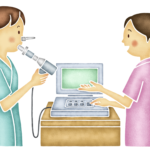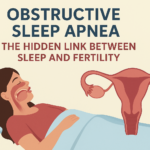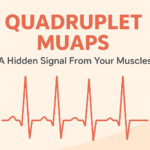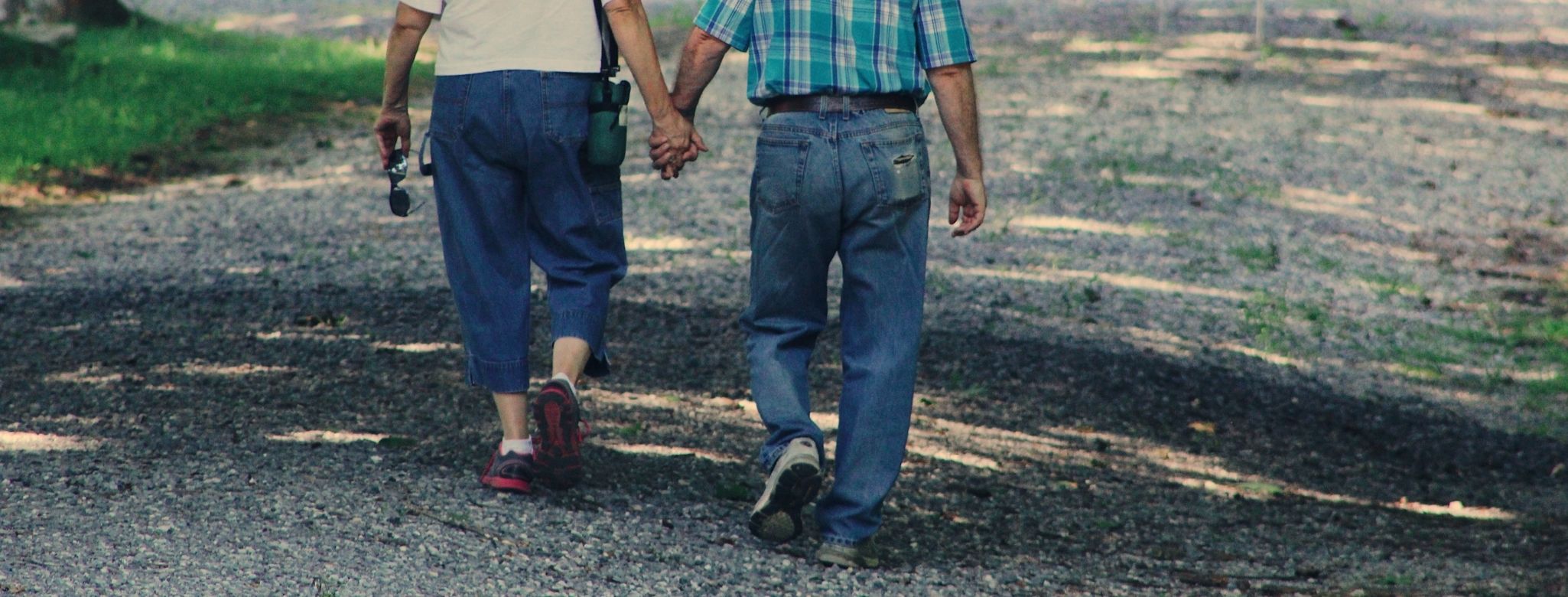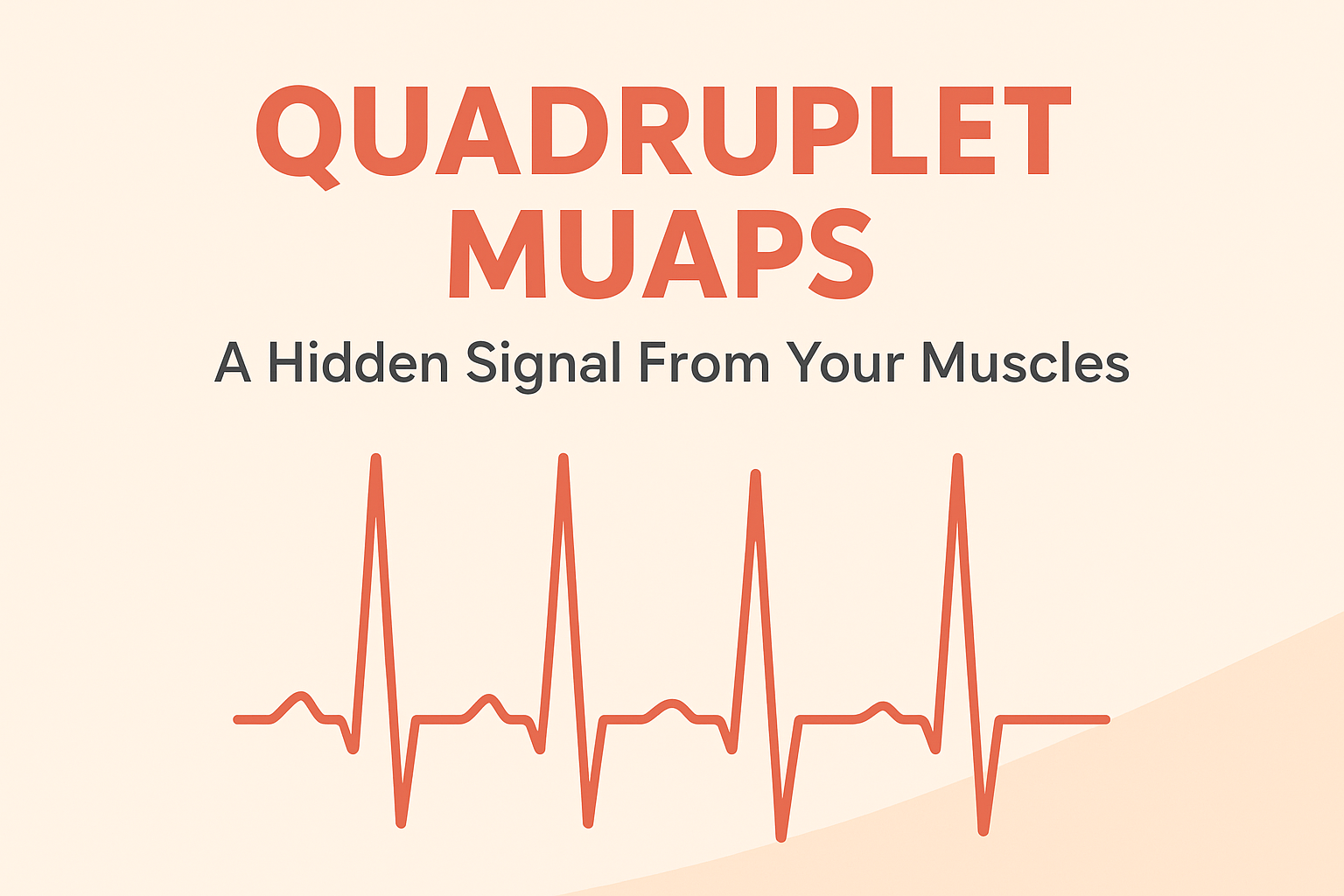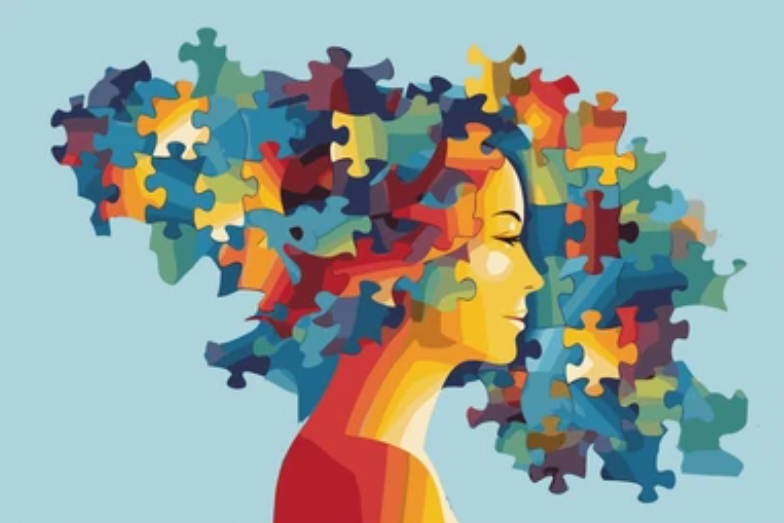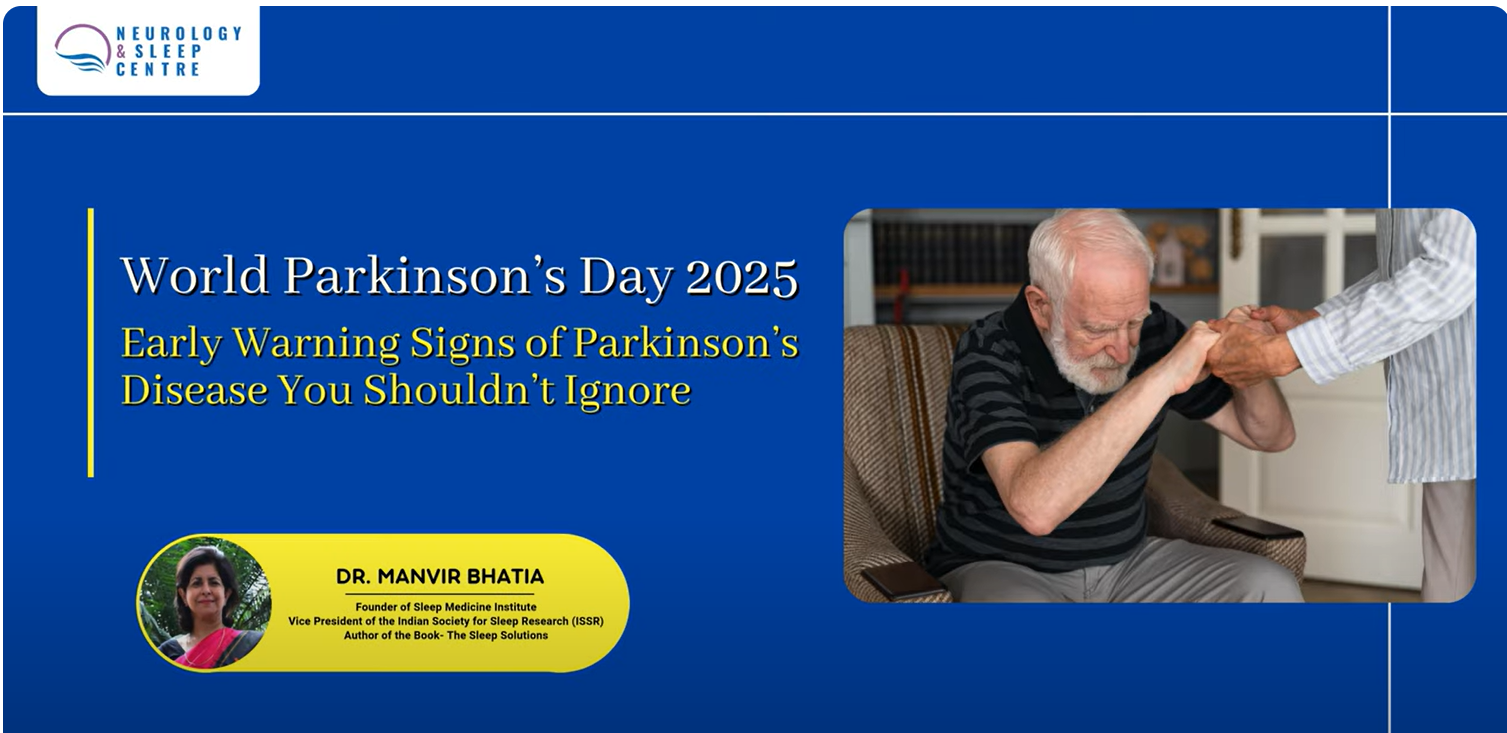13th January 2021-by Saunri & Dr.Manvir Bhatia
Gait
The manner in which a person walks is called his gait. Gait depends on the coordination between a person’s musculoskeletal, nervous system, and cardiorespiratory system and is strongly influenced by personality, age, and mood. The risk of suffering from a gait disorder increases by 10 percent after the age of 60, and more than 60 percent over the age of 80. Difficulty in walking can lead to problems such as being prone to falling and being seriously injured.
Common causes of Gait Disorders
Neurological: Polyneuropathy, parkinsonism, subcortical vascular encephalopathy, dementia, and neuromuscular diseases such as Duchene Muscular Dystrophy also result in abnormal gait.
Musculoskeletal: The most common musculoskeletal causes of gait disorders are skeletal deformities and osteoarthritis
Cardiorespiratory: Respiratory insufficiency, obesity, and peripheral arterial occlusive disease can cause gait disorder
With older age, gait disorders occur due to a combination of a number of causes that include impairment in the sensation of touch, poor vision, osteoarthritis of the hip and knee.
Gait issues in Parkinson’s disease
‘Parkinsonian Gait’ is seen in Parkinson’s patients who show a tendency to lean on one side of the body, droop their heads and bend their knees, place their steps in the front of their feet, drag their feet or shuffle their feet, reduce the length of their stride, and reduce arm swinging while walking.
Gait issues in other neurological and cognitive conditions
Elderly people who stop talking while walking has reduced cognitive abilities and a higher risk of falling. People suffering from dementia walk slowly, but they are in fact too fast for their cognitive abilities and hence have a higher risk of falling.
Gait Assessment
A study published in the Journal of the American Geriatrics Society in 2015 has recommended that gait speed should be measured regularly in older adults to help identify those at a higher risk of disability and find the reason behind their decline in gait speed.
If a person faces a sudden or acute onset gait disorder, he or she must immediately consult the doctor as it may be due to an underlying neuromuscular or cerebrovascular condition or maybe the side effects of some drugs.
To seek help or know more about gait disorders you can visit the Neurology and Sleep Centre, the 1st sleep centre in the country accredited by the Indian Board of Sleep Medicine at L-23, Hauz Khas Enclave, New Delhi, Delhi-110016 (INDIA)
Or give a call on +91-11-46070321, +91-9643500270,
Or write toinfo@neurologysleepcentre.com



